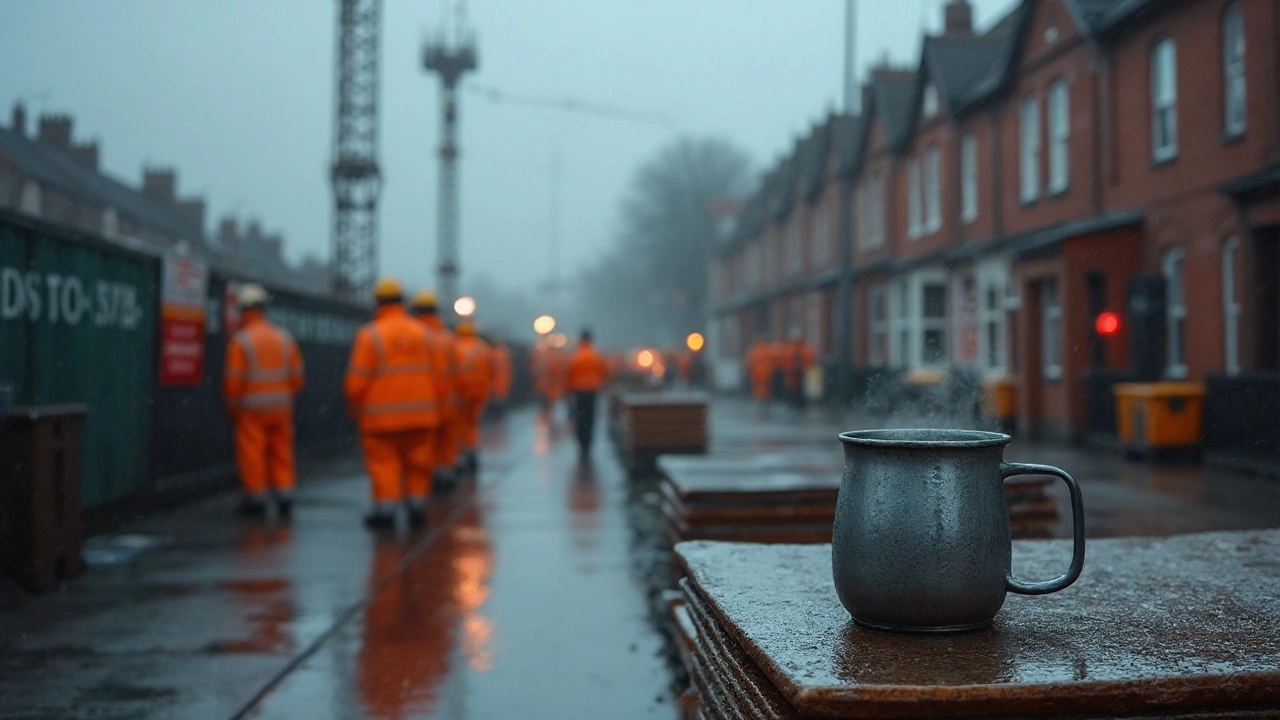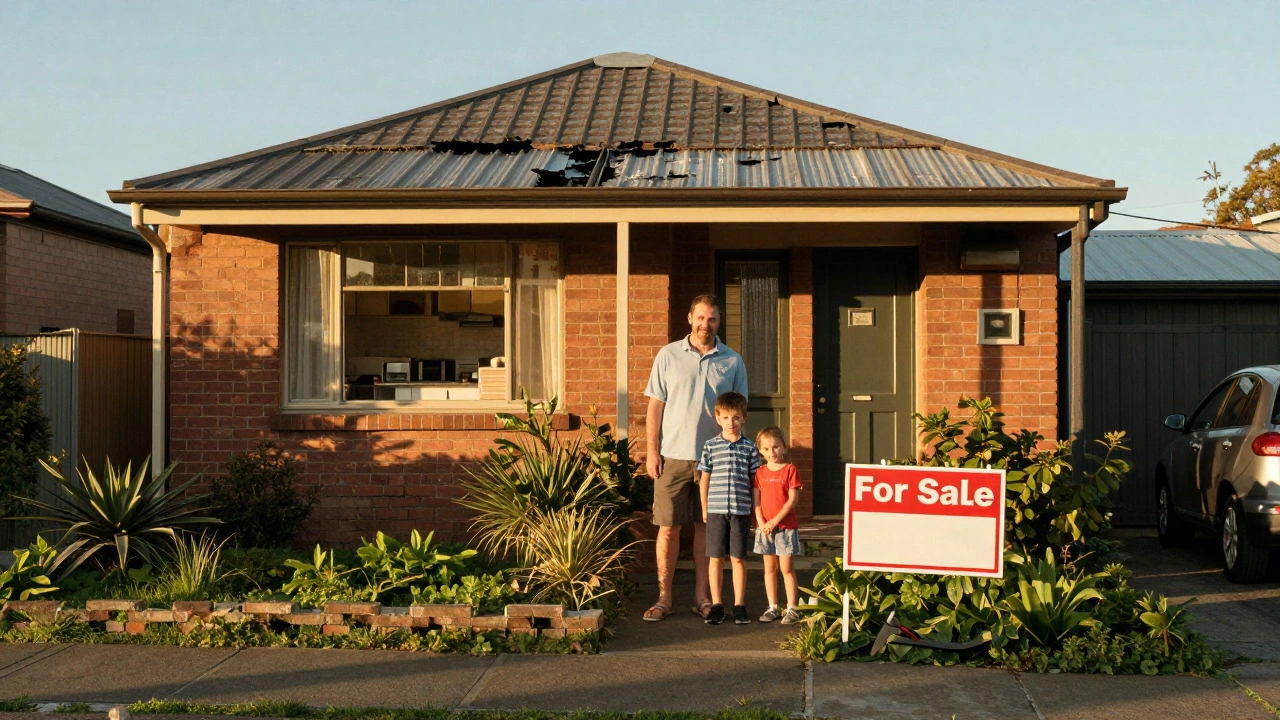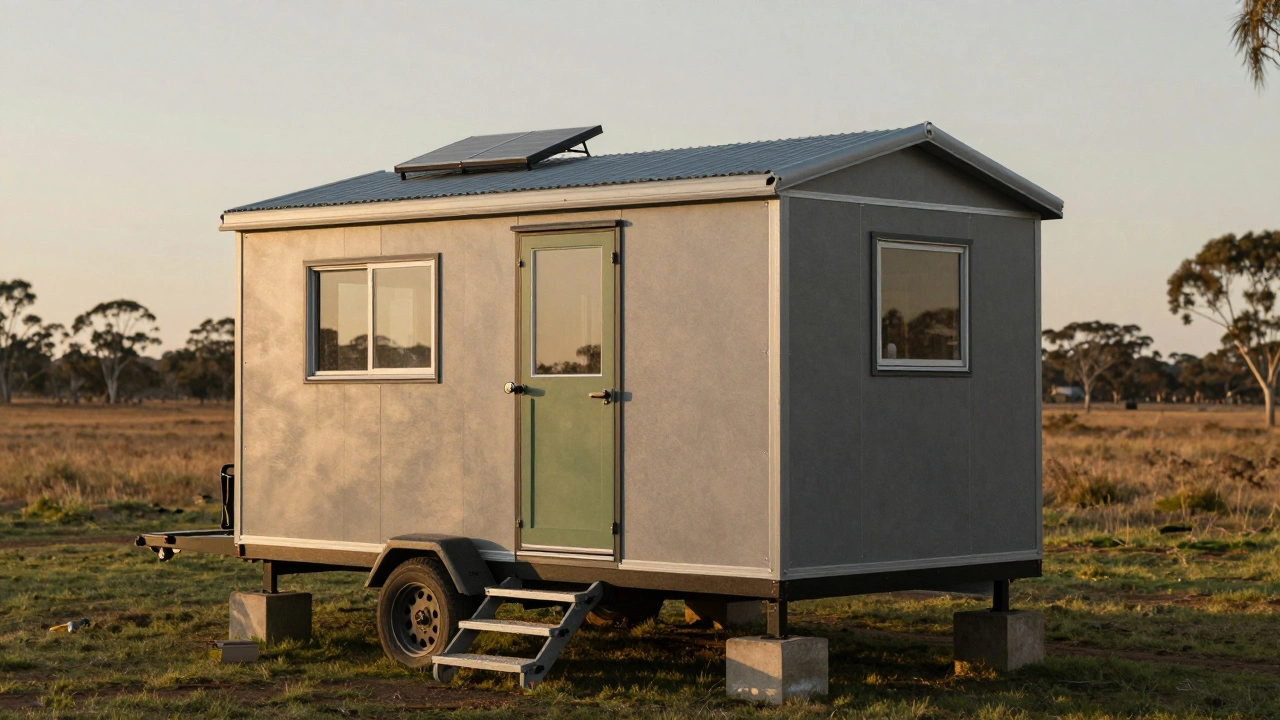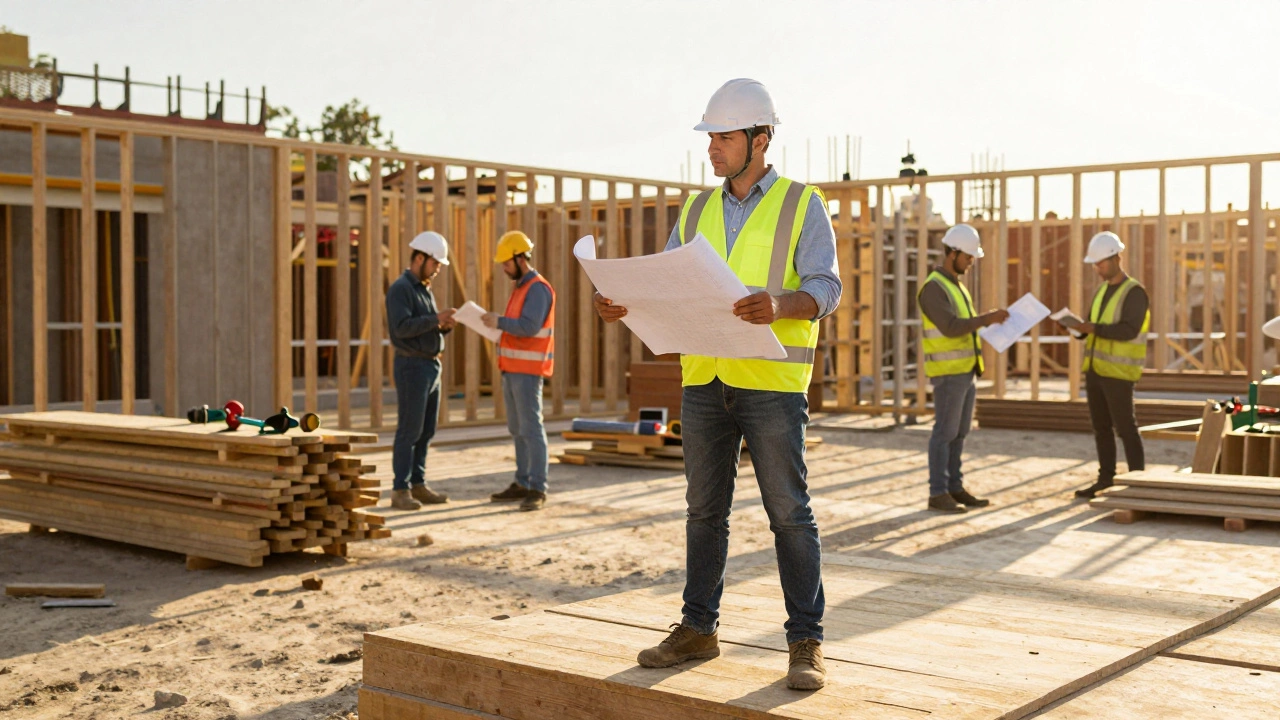Is Construction a Good Career? The Real Deal
Thinking about a job on a building site? You might wonder if construction is a solid career choice or just a temporary gig. The short answer: many people love it, earn decent money, and enjoy seeing their work stand tall. But it’s not for everyone – you need stamina, safety focus, and a knack for problem‑solving.
Why People Choose Construction
First off, the pay can be good. Skilled trades like electricians, plumbers, and carpenters often make more than the national average, and there’s a steady demand for hands‑on workers. Second, the work is varied. One day you’re measuring a wall, the next you’re overseeing a crew installing windows. If you hate sitting at a desk, construction keeps you on your feet.
Third, there’s a clear path for advancement. You can start as a labourer, move to a foreman role, and eventually become a site manager or start your own business. Many apprentices earn while they learn, so you don’t need a pricey university degree to get started.
Things to Watch Out For
Construction isn’t all sunshine. The job can be physically demanding – lifting heavy materials and working in all weather conditions is part of the routine. Safety is a constant concern; you’ll need to follow strict guidelines and wear protective gear every day.
Hours can be irregular. Projects often run on tight deadlines, which means evenings or weekends might be required. Also, the work can be stressful when deadlines shift or supply issues arise. If you prefer a predictable 9‑to‑5 schedule, this might feel chaotic.
Another factor is location. Many construction jobs are tied to specific regions, especially where new housing or commercial projects are booming. If you’re not willing to relocate, opportunities could be limited.
Skills and Training You’ll Need
Basic math, reading blueprints, and good communication are must‑haves. Most trades require an apprenticeship or vocational certification – programs usually last 2–4 years and combine classroom time with on‑site experience. Soft skills like teamwork, punctuality, and problem‑solving matter just as much as hard skills.
Technology is creeping in, too. Nowadays you’ll see tablets on site for plans, drones for surveys, and software for project management. Being comfortable with digital tools gives you a leg up.
Bottom Line: Is It Right for You?
If you enjoy building things, don’t mind physical work, and like seeing tangible results, construction can be a rewarding career with solid earnings and growth potential. If you prefer low‑physical‑impact tasks, fixed hours, and a quieter office vibe, you might look elsewhere.
Before you jump in, try a short‑term labourer gig or shadow a trade professional for a week. Real‑world experience will tell you whether the noise, dust, and deadlines feel exciting or exhausting. Whatever you decide, knowing the pros, cons, and required skills will help you make a confident choice.






